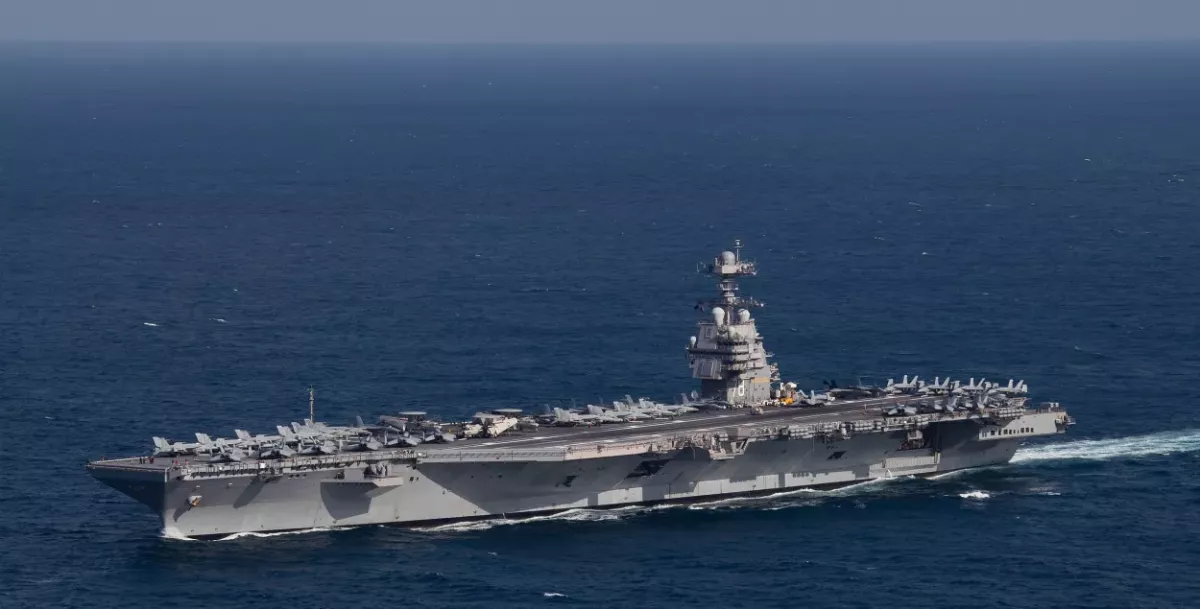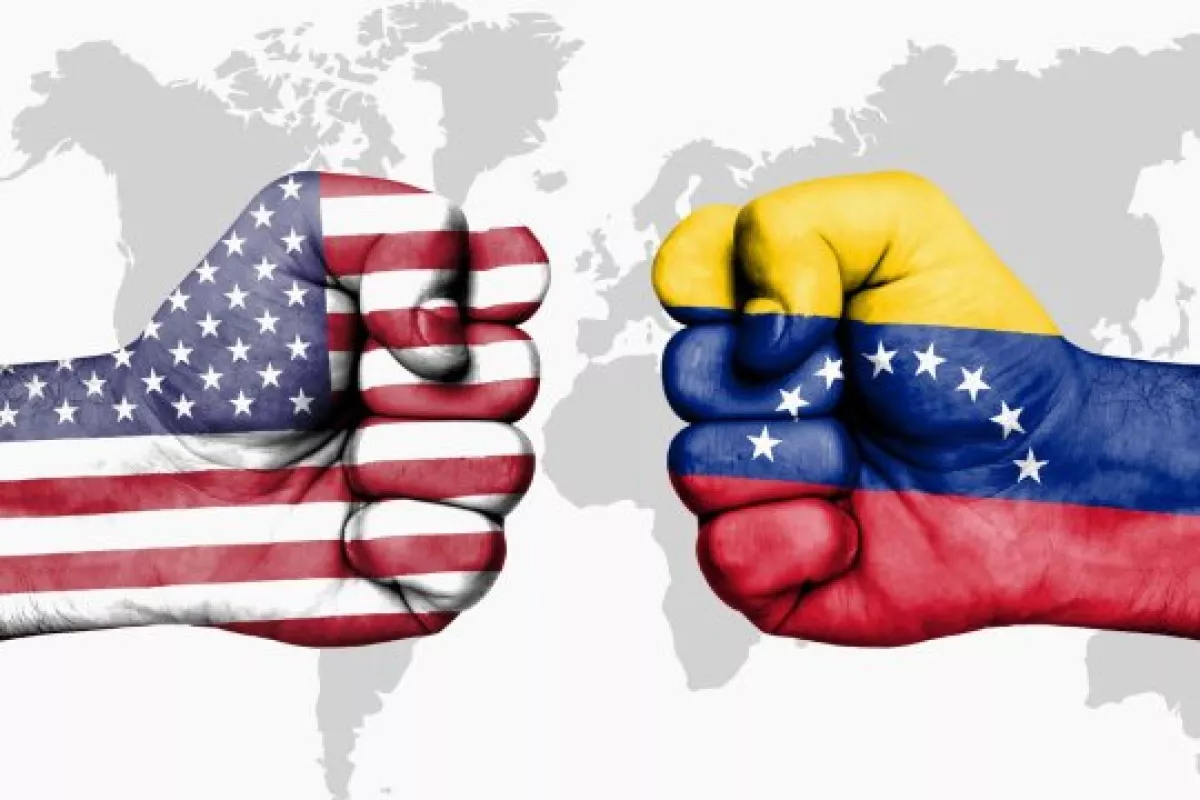US–Venezuela standoff: what’s next? Global watch on Caliber.Az
Tensions in the Caribbean have risen significantly in recent months. The United States continues to strengthen its military presence in the region, as evidenced by the recent deployment of a U.S. Navy carrier strike group led by the aircraft carrier Gerald Ford to the Venezuelan coast.
In addition, American forces have transferred destroyers and amphibious assault ships carrying Marine Corps units to the area. President Trump also recently announced that the United States does not rule out the possibility of conducting ground operations against drug cartels on Venezuelan territory.

Since early September, the United States has been carrying out strikes on vessels from Venezuela that, according to Washington, were transporting narcotics. These operations have resulted in casualties, whom the Americans have described as narco-terrorists belonging to the criminal organisation Tren de Aragua. Caracas, however, has stated that it considers such actions a violation of international law.
In addition to Venezuela, Washington has also been exerting pressure on Colombia, which became evident through the imposition of sanctions against President Gustavo Petro and his family on charges of drug trafficking. These actions have likewise been condemned by Caracas. In response to American pressure, Venezuela has been strengthening its defences—conducting military exercises and redeploying naval and air forces to key ports and coastal areas of the country.
However, it must be acknowledged that the U.S. accusations against Venezuela are not entirely without basis. The country is indeed used as a major transit hub for narcotics trafficking, and many criminal groups operating within its territory maintain close ties to the drug trade. At the same time, the actions of the United States are, of course, driven by more than just the fight against illicit substances. Washington’s geopolitical interests include tightening control over the strategically vital Caribbean region, expanding its influence in South America, and reducing the presence of Russia and China there. Thus, the main U.S. objectives are twofold: combating drug trafficking and pursuing geopolitical goals crucial to Washington.

Overall, this combination of dangerous factors is increasing tensions in the Caribbean, which could have far-reaching consequences. Ongoing military manoeuvres and strikes on vessels could eventually trigger accidental incidents, potentially escalating into a wider conflict. Almost any military intervention could provoke a migration crisis and cause economic losses across the region.
The most likely scenario is continued pressure from Washington, limited strikes on ships, and diplomatic and economic coercion. The likelihood of a direct American invasion of Venezuela is low, as it could trigger a migration crisis affecting neighbouring countries, some of which closely cooperate with the U.S. However, while a ground intervention is highly unlikely, the risk of limited air strikes against Venezuela remains and cannot be entirely ruled out.
Thus, tensions are expected to persist, but a full-scale military conflict is unlikely.
By Riyad Hamidov








